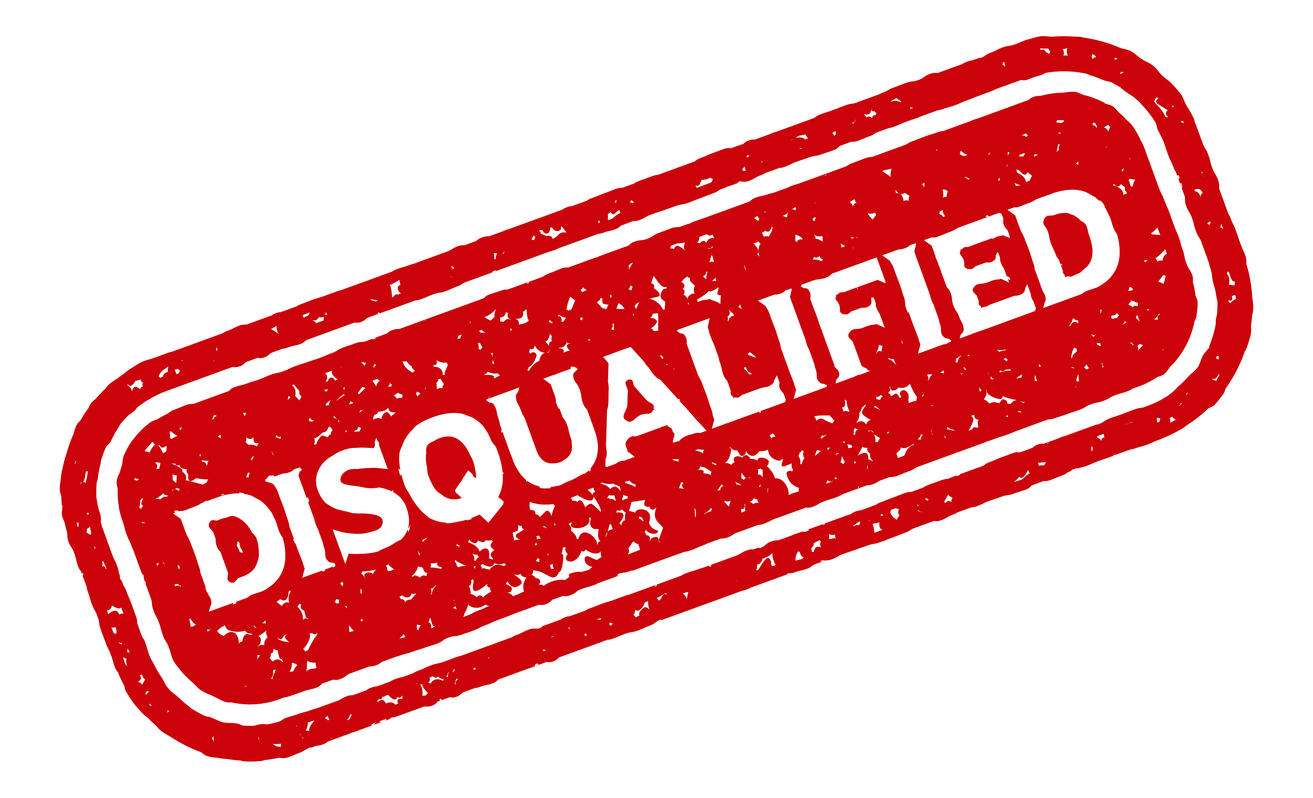Unauthorized practice of public adjusting issues are going to the Texas Supreme Court. Lon Smith Roofing is not giving up and filed a petition which should be read by those with interests in the property insurance claims industry. I have previously discussed this case in:
- Unauthorized Practice of Public Adjusting and the Lon Smith Roofing Case Should Scare Contractors and Roofers with Contingent Contracts
- Public Adjusters Argue for Class Action Certification Against Roofer Accused of Unauthorized Public Adjusting
- Contractors Need to Use Carefully Drafted Contracts and Not Practice Public Adjusting
Public adjusters and insurance regulators should closely read what Lon Smith is arguing. The lawyers for Lon Smith Roofing noted in their second issue:
In a case of first impression for this Court, the Court of Appeals erred in holding that LSRC held itself out as a public insurance adjuster, and violated section 4102.051 of the Texas Insurance Code, merely due to this language in the Agreement: ‘[b]y signing this agreement homeowner authorizes [LSRC] to pursue homeowners’ best interest for all repairs, at a price agreeable to the insurance company and LSRC.’
The Texas Department of Insurance stated in a Commissioner’s Bulletin that “Texas Insurance Code Chapter 4102 does not prohibit contractors from providing estimates or discussing those estimates and other technical information with an insurer or its adjuster.” TDI also allows a roofer or contractor to discuss the amount of damage to the consumer’s home, the appropriate replacement, and reasonable cost of replacement with the insurance company.
LSRC pursued homeowners’ best interest for “all repairs,” but did not negotiate for or effect the settlement of a claim, or advocate on behalf of the Keys or discuss insurance policy coverages and exclusions. LSRC did not violate section 4102.051 or chapter 541 of the Texas Insurance Code (unfair or deceptive act or practice in the business of insurance). Thus, the Agreement is not illegal, void, or unenforceable as a matter of law.
In addition, section 4102.207 provides under “Insured Option to Void Contract” that an agreement that violates section 4102.051 is voidable at the option of the insured. The Court of Appeals erred in holding the Agreement was “void per se” (but only as to LSRC). This issue is important to the jurisprudence of the State of Texas, given the number of roofing and restoration contractors who have analogous provisions in their agreements, as noted in the Amicus Curiae Briefs attached in the Appendix.
The issue is important to insurance companies as well. The insurance contract is between the policyholder and the insurance company—not between the insurance company and the contractor selected to do the job. The policyholder’s rights to accept, reject or negotiate with the insurance company’s estimates of what is owed under the policy belongs to the policyholder. Only two classes of licensees in Texas may negotiate for a policyholder, Texas licensed lawyers and public adjusters. When speaking with contractors, I sometimes not only have to warn about not engaging in the practice of public adjusting, but also not engaging in the practice of law.
Departments of Insurance also understand that the insurance policy is between the policyholder and the insurance company. Insurance company adjusters have a good faith obligation to evaluate the amount of the damage. Part of that investigative step may be to look at contractor estimates and discuss how those estimates were made. This is why departments of insurance issue bulletins about this issue and often require insurance adjusters to review and analyze contractors estimates. They often warn, however, that the contractor is not an adjuster and not the policyholder and just a third party who has no rights to the insurance contract.
Yet, the policyholder has the right to repair any way he wants and not to return the property back to a pre-loss condition new, but to some other better, changed, or different manner. The insurance adjuster may find what is estimated by a contractor not inclusive of what is owed under the policy. The policyholder can select from a number of contractors and vary the materials to be used from what was originally there when rebuilding. The best time to remodel is often after a catastrophe. Insurance company adjusters are trained to know and understand all this and that the replacement cost to a pre-loss condition is a theoretical number.
One reason the assignment of benefits issue has upset the insurance industry and has consumer advocates, including myself, demanding reform, is that some contractors are using the assignment of benefit clause in construction contracts to change this dynamic. Those contractors are negotiating for their own interests rather than the best interests of the policyholder and take over interpretation of the policy and negotiation of the entire claim, often for benefits that have nothing to do with the construction. The current use of the assignment of benefits clause is often expanding far beyond the protection of the contractor’s lien to get paid once the work is done. I understand that contractors claim they need some leverage against the lowballing gamesmanship that is so prevalent with the majority of property insurance carriers, but along with reform of assignment of benefits clauses should come more claims practice reform to stop property insurance claims departments in their race to the bottom. Today, roofs in Texas cannot get repaired in a legal manner for the prices most insurers pay. Shoddy workmanship and roofs not repaired to code are the normal state of Texas construction, in part because of the lowballing property insurance industry.
Quote For The Day
I own buildings. I’m a builder; I know how to build. Nobody can build like I can build. Nobody. And the builders in New York will tell you that. I build the best product. And my name helps a lot.
—Donald Trump



